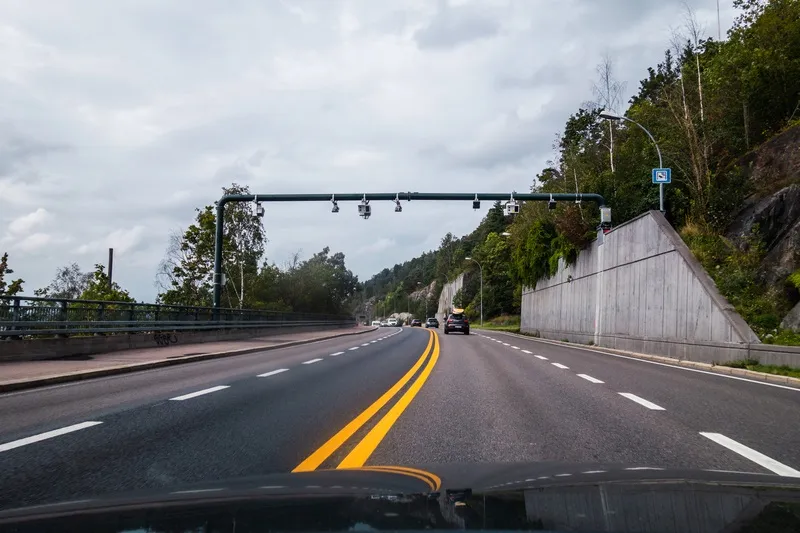
Q-Free has extended its tolling back office deal with the Norwegian Public Roads Administration (Statens Vegvesen), which runs national toll collection system AutoPass.
The new arrangement is worth approximately 30m NOK ($3.2m) depending on transaction volumes and runs until the middle of 2021.
Q-Free manages the transactions for several hundred toll stations nationwide, regardless of which company they are run by: drivers take up an AutoPass contract and have an electronic toll payment tag in their vehicle.
"It is close to 90 million transactions per month, which is one billion per year", explains Q-Free CEO Håkon Volldal.
The contract has been running "close to 20 years", Volldal says, and it is a complex system.
"There are different rules in different regions and cities," he adds. "We check the tags and licence plates, collect the toll data, validate it and make it ready for billing."
AutoPass has been extended to cover ferry connections, "so there is no need to handle cash on ferries".
As well as tolling, Q-Free is active in advanced traffic management systems (ATMS) and Volldal told ITS International: "We see that 2020 will be a catastrophic year but we've held up pretty well. Things take more time and our customers are impacted by lower traffic volumes. But there are opportunities both on the tolling and ATMS side of the business."
The company is bidding on several toll projects around the world, he says. "We're quite active in Australia and Thailand and we hope that the US will come back from Covid-19."
Q-Free is based in Trondheim, Norway, and employs around 400 staff.







